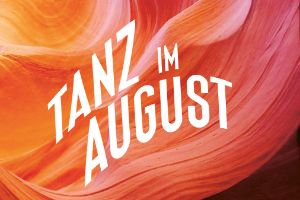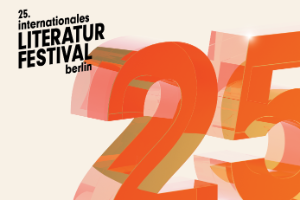
Peter Galison
Peter Galison
Peter Galison is Joseph Pellegrino University Professor of the History of Science and of Physics at Harvard University. In 1997 Galison was awarded a John D. and Catherine T. MacArthur Foundation Fellowship. In 1998 he won a Pfizer Award (for “Image and Logic”) as the best book of that year in the field of History of Science; and in 1999 he received the Max-Planck-Research award of the Max-Planck-Society and the Alexander von Humboldt-Foundation. His books include “How Experiments End” (1987), “Image and Logic” (1997), “Einstein’s Clocks, Poincaré’s Maps” (2003), and “Objectivity” (with Lorraine J. Daston, 2007). He has worked extensively with de-classified material in his studies of physics in the Cold War. His film on the moral-political debates over the H-bomb, “Ultimate Weapon: The H-bomb Dilemma” (2000, 44 minutes, with Pamela Hogan) has been shown frequently on the History Channel and is widely used in courses. With Robb Moss, he directed “Secrecy” (2008, 81 minutes) which premiered at the Sundance Film Festival, and, also with Moss, recently completed “Containment” (2015, premiered at Full Frame Film Festival) – about the need to safeguard radioactive materials for a period of 10,000 years. Galison collaborated with South African artist William Kentridge on a multi-screen installation, “The Refusal of Time” (2012). He is currently finishing a book, “Building Crashing Thinking”, about the relationship between the self and modern technologies.
As of May 2016
